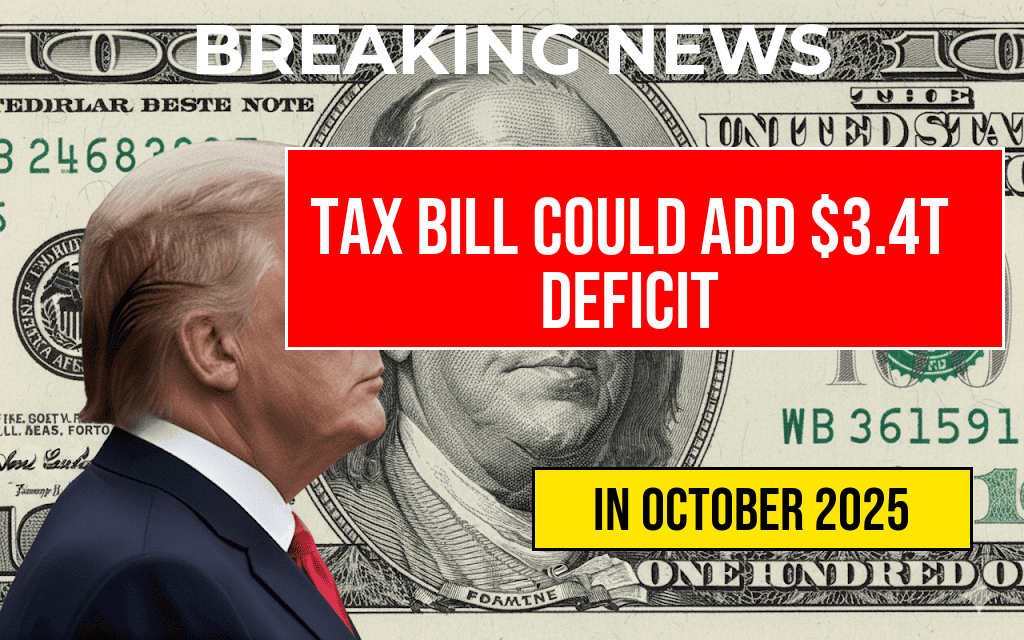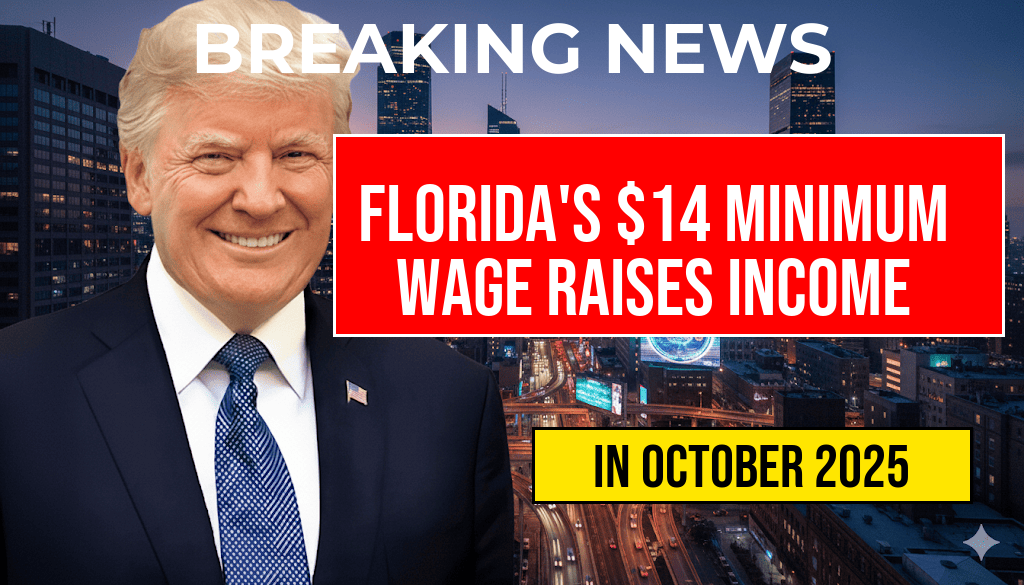The nation’s wealthiest residents are poised to see an average increase of approximately $5,000 in net income following recent changes to the federal tax code, according to new analyses by financial experts. The adjustments, which aim to recalibrate tax burdens and close loopholes, are projected to benefit high-net-worth individuals significantly more than other income brackets. While the specifics vary based on individual circumstances, the overall trend suggests that the top 1% could experience a notable boost in after-tax earnings, reshaping the landscape of financial gains across the country. This shift underscores ongoing debates about tax fairness, economic inequality, and government fiscal policy as lawmakers seek to balance revenue needs with incentivizing investment among the wealthiest Americans.
Details of the Tax Changes and Their Impact
Key Provisions of the New Tax Legislation
- Adjustment of top income tax brackets: The legislation modifies the highest marginal tax rate, potentially lowering it for certain income levels.
- Enhanced deductions and credits for high-income earners: New or expanded deductions related to investment income and estate planning are introduced.
- Changes to capital gains taxation: The threshold for long-term capital gains taxes has been adjusted, allowing wealthy investors to retain more of their earnings.
- Revisions to estate and gift taxes: Higher exemption limits reduce the taxable estate for many wealthy families, preserving wealth transfer advantages.
Projected Income Gains for the Wealthiest Americans
| Income Group | Average Net Income Change | Range of Gains |
|---|---|---|
| Top 0.1% | $7,500 | $6,000 – $9,000 |
| Top 1% | $5,000 | $3,500 – $6,500 |
| Next 9% | $1,200 | $700 – $2,200 |
Experts from Wikipedia’s overview of U.S. taxation note that these changes tend to favor those with substantial investment portfolios and significant estate holdings, as they benefit from the revised capital gains and estate tax provisions. Analysts from Forbes highlight that such adjustments are often viewed through a political lens, with supporters arguing they stimulate investment and economic growth, while critics warn they exacerbate income disparities.
Economic Context and Broader Implications
Historical Perspective on Tax Policy Shifts
Throughout U.S. history, tax reforms have frequently targeted high earners, aiming to balance revenue generation with incentives for wealth accumulation. The recent changes follow decades of debates over whether current tax policies sufficiently target the wealthiest Americans or favor the middle class. The last major overhaul in 2017, for example, lowered corporate and top individual tax rates, sparking both praise and criticism.
Potential Effects on Wealth Concentration
By reducing the tax burden for the richest households, the legislation could accelerate wealth concentration. This trend raises concerns about increasing economic inequality and its impact on social mobility. Conversely, proponents argue that the reforms may encourage investment, job creation, and economic expansion, benefiting broader society over time.
Policy Debates and Public Response
Political leaders remain divided on the merits of the new tax code. Democrats tend to emphasize the importance of progressive taxation to fund public services, while Republicans often advocate for tax reductions to stimulate economic activity. Public opinion polls suggest mixed sentiments, with many Americans worried about the implications for inequality and government revenue.
Looking Ahead
The full effects of the tax adjustments will unfold over the coming months as individuals and businesses adapt their financial strategies. Financial advisors recommend high-net-worth individuals review their estate plans and investment portfolios to optimize benefits under the new rules. Meanwhile, policymakers continue to debate potential future reforms, with some advocating for increased transparency and measures to ensure the tax code promotes fairness across all income levels.
Frequently Asked Questions
What are the main tax changes benefiting the wealthiest Americans?
The new tax changes are expected to allow the wealthiest Americans to gain approximately $5,000 in net income through adjustments in tax rates, deductions, and credits.
How will these tax changes impact high-net-worth individuals?
High-net-worth individuals are likely to see an increase in their net income due to the revised tax policies, which may include lower tax rates on certain income brackets and expanded deductions.
Are these tax changes permanent or temporary?
The article suggests that these tax benefits for the wealthy are part of recent policy adjustments, but it does not specify whether they are permanent or temporary. Future legislative actions could influence their duration.
What sectors or income groups are most affected by these tax changes?
The wealthiest Americans and high-income earners stand to benefit the most, gaining an estimated $5,000 in net income, while middle and lower-income groups may see less direct impact.
How might these tax changes influence overall economic growth?
Proponents argue that benefits to the wealthiest Americans could stimulate economic growth through increased investment, though critics express concern about potential income inequality and reduced government revenue.










